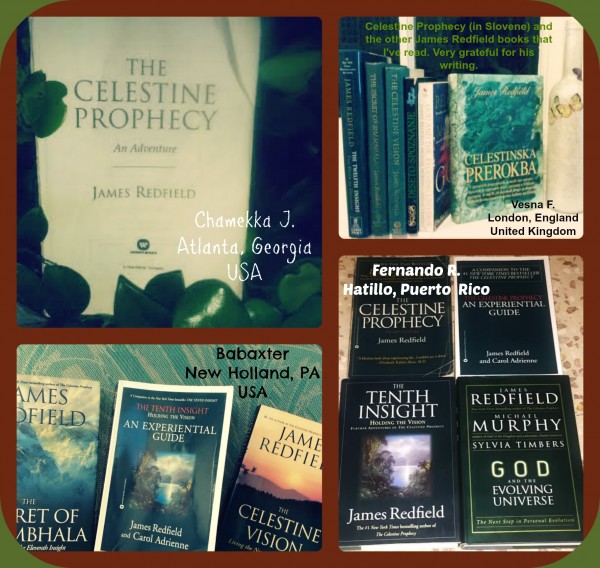

I enjoyed this book and the adventure in Tibet. On the flip side, the author seemed a bit paranoid (or should I just say concerned?) about governments taking over the world, monitoring our phones and internet usage, installing microchips in us, etc, which was a bit distracting. I liked his example of how this worked: A teacher who expects the best of a student seems to get it, and a teacher who expects the student to fail seems to get that too. The author claims that our expectations can actually make things happen. The insight in this book has to do with prayer fields, which is a field of expectations that we send out into the world.

He'd meet someone new, and the author would write something like "I told him my name, and he told me his name was XYZ.") (I love how we never learn the narrator's name. In it our hero goes to Tibet, on a quest for the mythical city of Shambhala (Shangri-la) and all the awareness that goes with it. I'd put this third book somewhere in the middle. I didn't understand the second book at all, since it felt so esoteric and there was nothing in it that I could relate to. Even though it's all presented in a very spiritual way, I also found it very relatable on a personal level. I love how it talks about human relationships and interactions. It's one of my favorite books of all time. Let me start by saying that I loved The Celestine Prophesy.


 0 kommentar(er)
0 kommentar(er)
